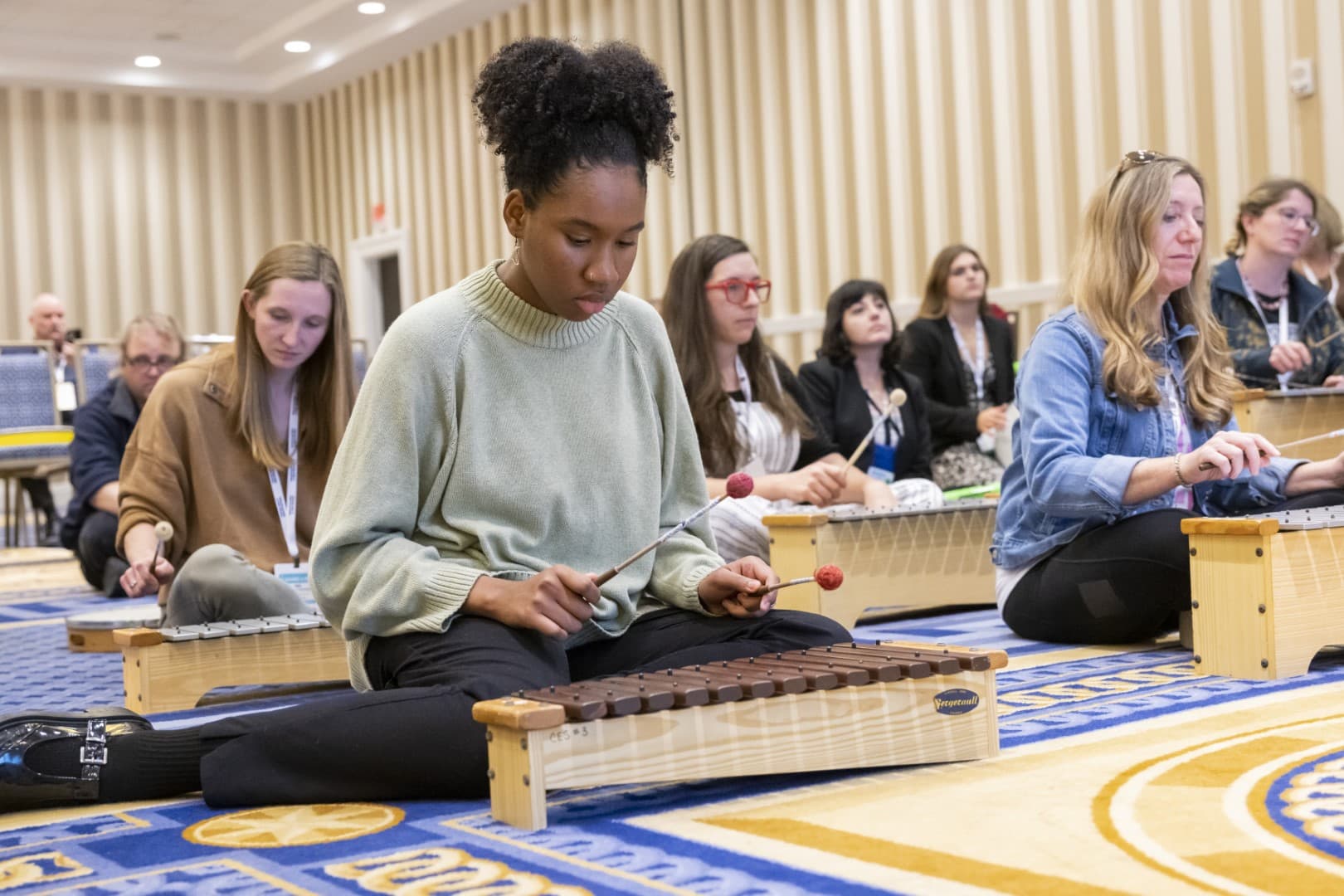
Strategic Plan
NAfME is a collaborative community that supports music educators and advocates for equitable access to music education. Read about our 2022 Strategic Plan and our vision to be an association where all people are heard, seen, and feel they belong throughout their lifelong experiences in music.
Organization and Structure
View NAfME Constitution and Bylaws, Codified Policies, Financial Statements, and more.
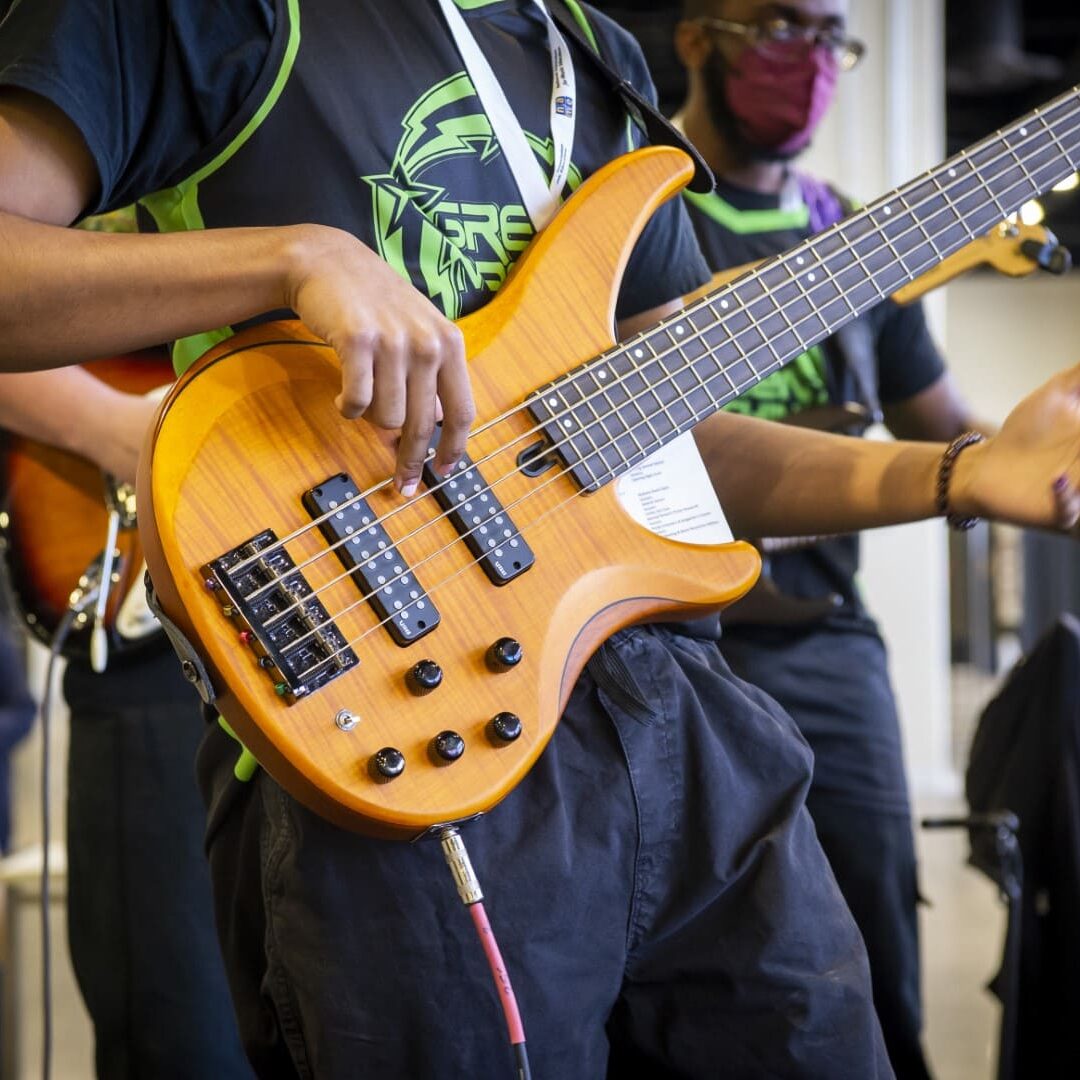
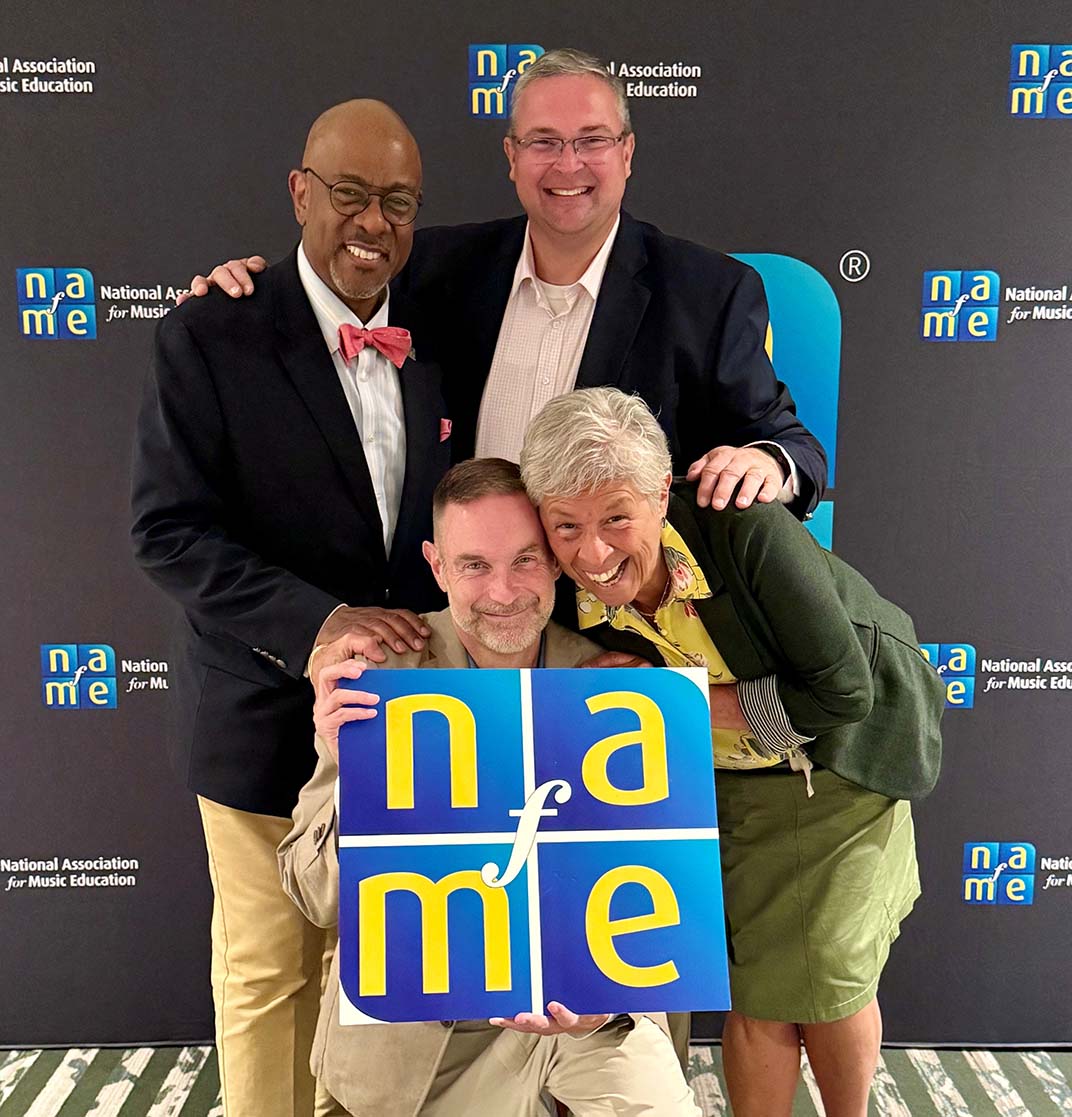
Leadership
Meet the NAfME National Executive Board, the leaders charged with setting the direction of the organization.
Staff
Meet the NAfME staff responsible for carrying out our strategic plan and serving our members.
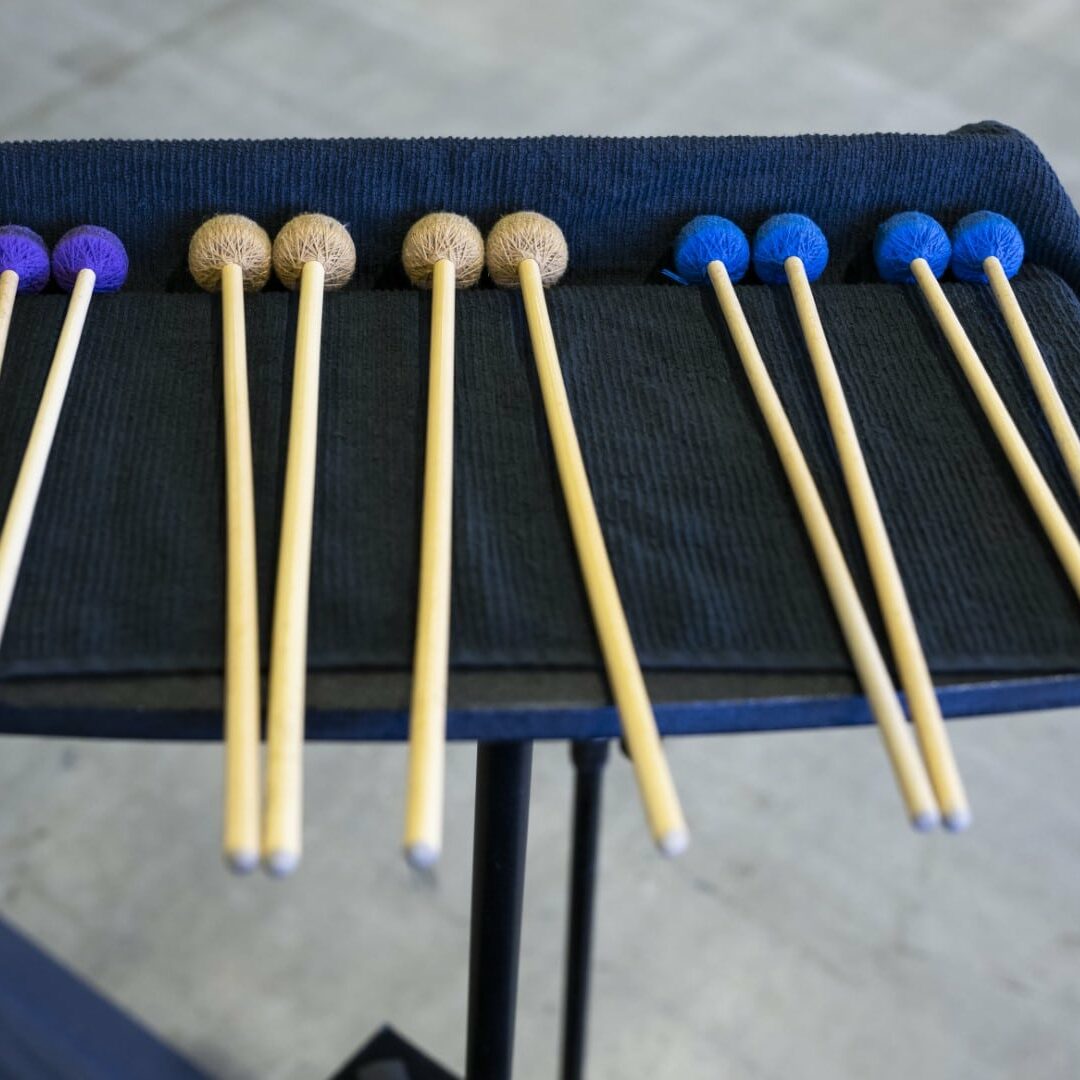
HONORS
HONOR
Music Educators Hall of Fame
Honoring long contributions of music educators to the profession.
HONOR
Lowell Mason Fellows
Honoring music educators, music education advocates, political leaders, industry professionals, and others who have contributed to music education.
HONOR
George N. Parks Award
Honoring exemplary band directors who embody the characteristics and leadership of the late educator.
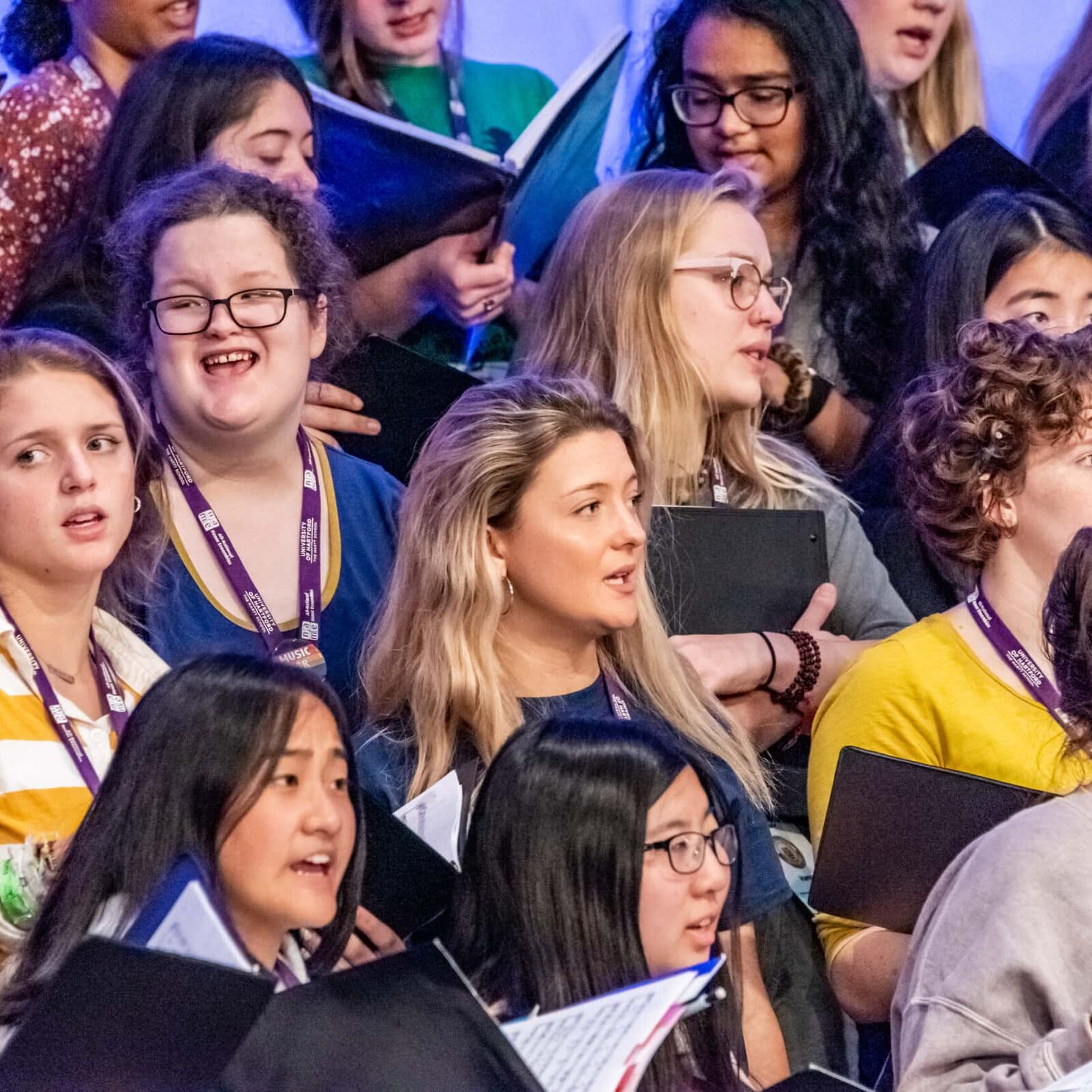
NAfME History
Founded in 1907 as the Music Supervisors’ National Conference, we became Music Educators National Conference (MENC) in 1934. In 1998, our name was changed to MENC: The National Association for Music Education. In 2011, we became simply National Association for Music Education (NAfME), and today we represent more than 50,000 active, retired, and future music educators teaching millions of students.
POSITION STATEMENTS
State Music Education Associations
Welcome to the NAfME family of state music education associations. NAfME membership includes belonging to one or more state music education associations.
WANT TO GET INVOLVED?
Amplify
Join the conversations on our online community exclusively for NAfME members.
State Music Education Associations
Connect with the family of NAfME state music education associations.
Societies & Councils
Learn about these leadership groups within NAfME that serve members in specific areas of music education.
Committees
Groups designated by the National Executive Board to collaborate on special interest or action areas.
